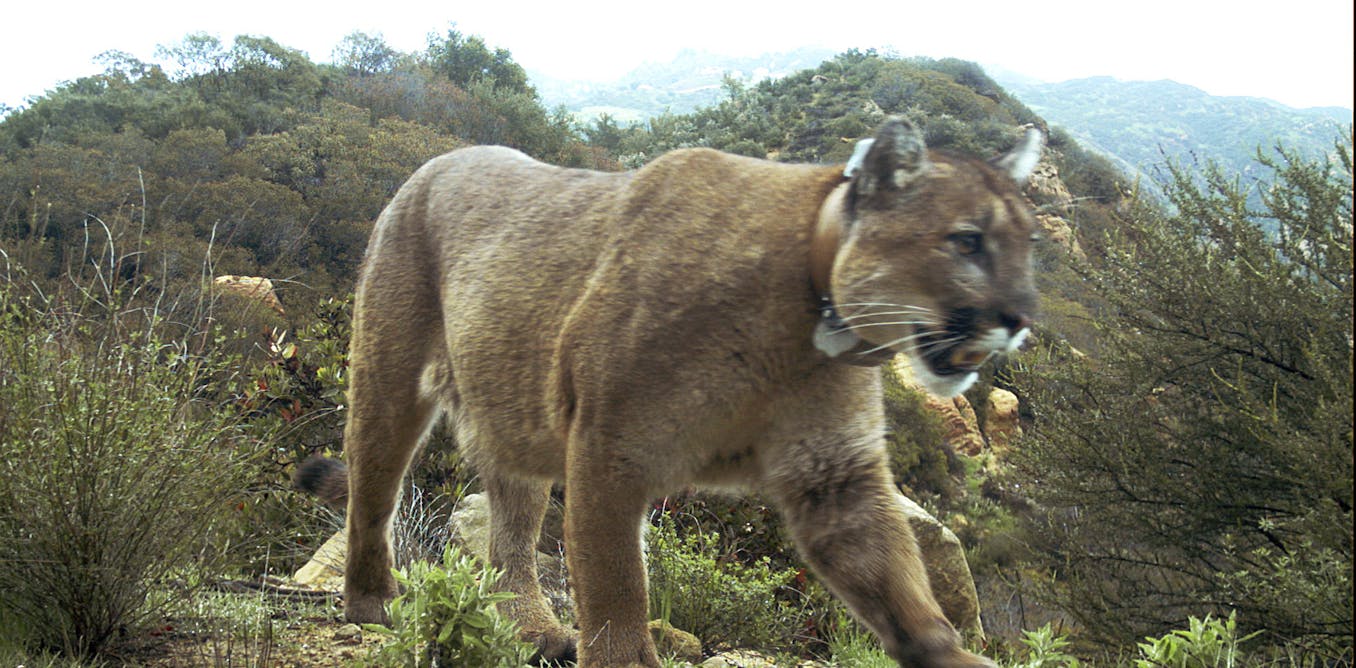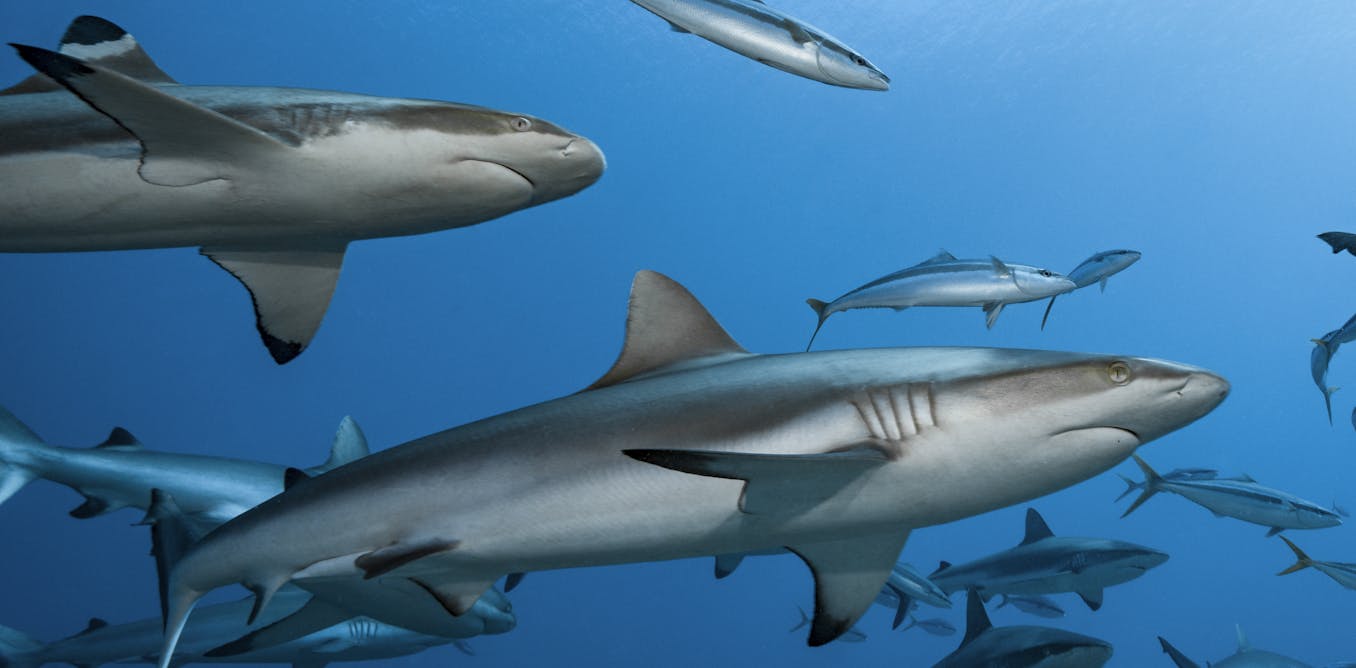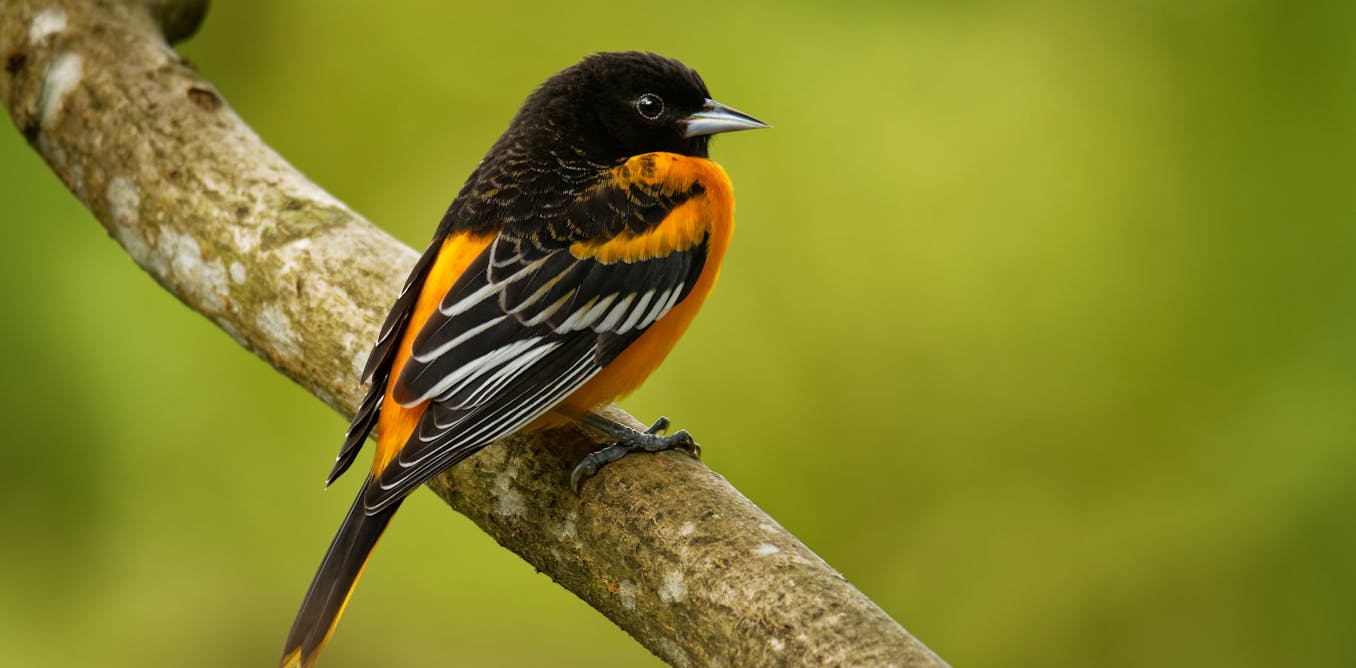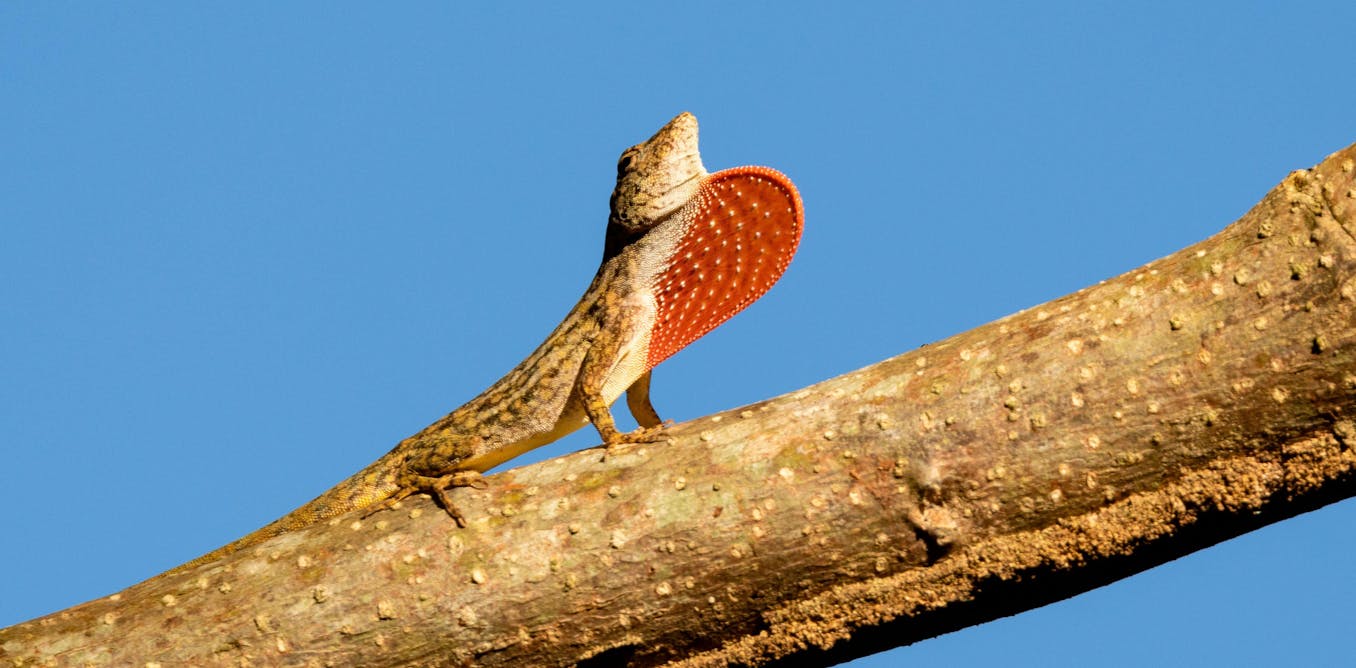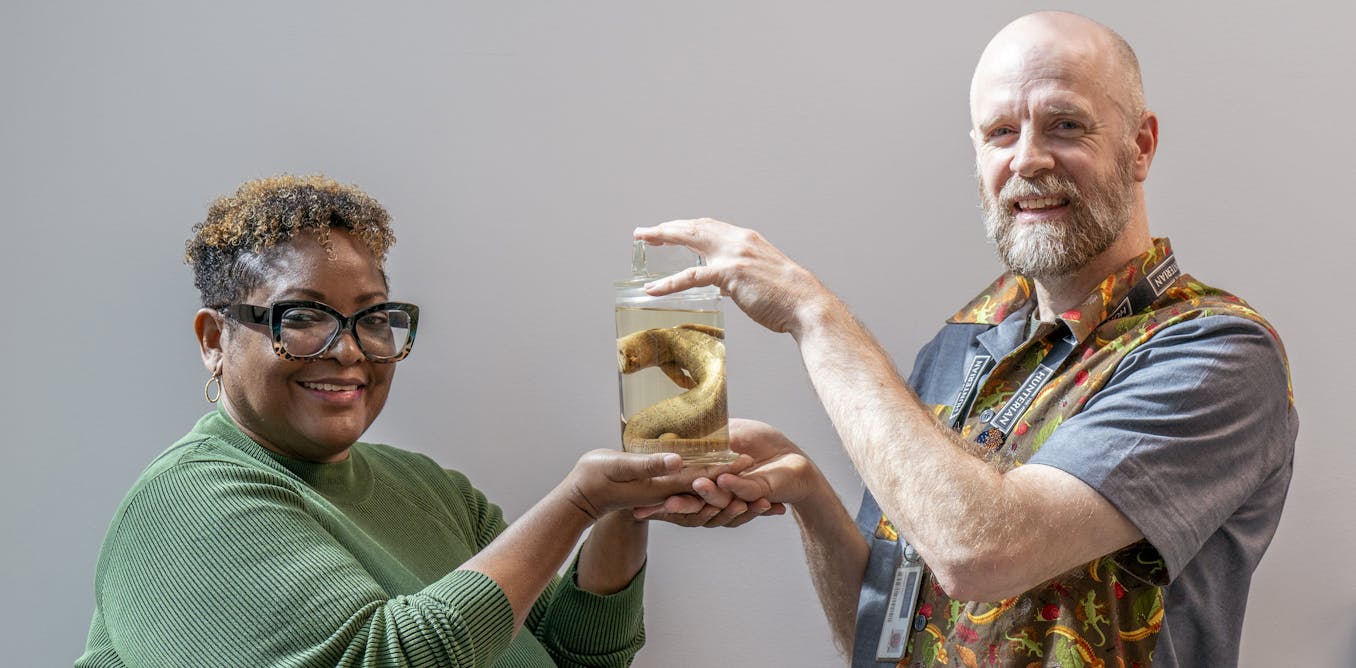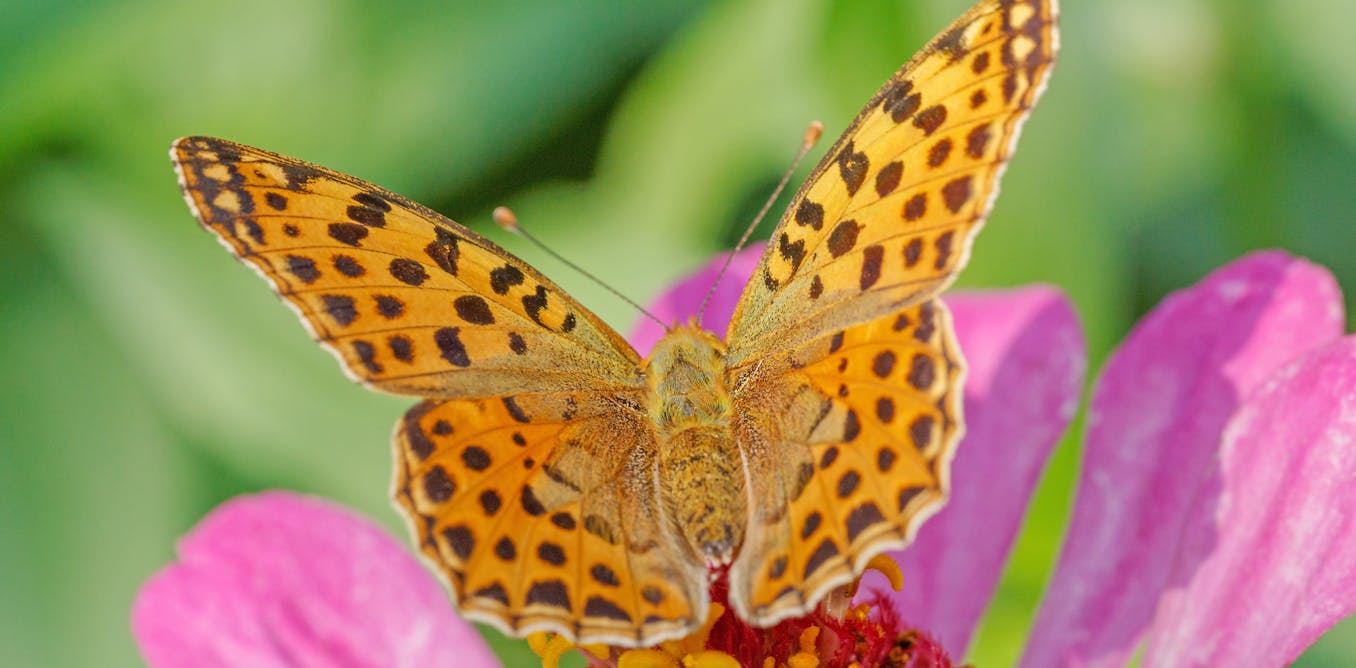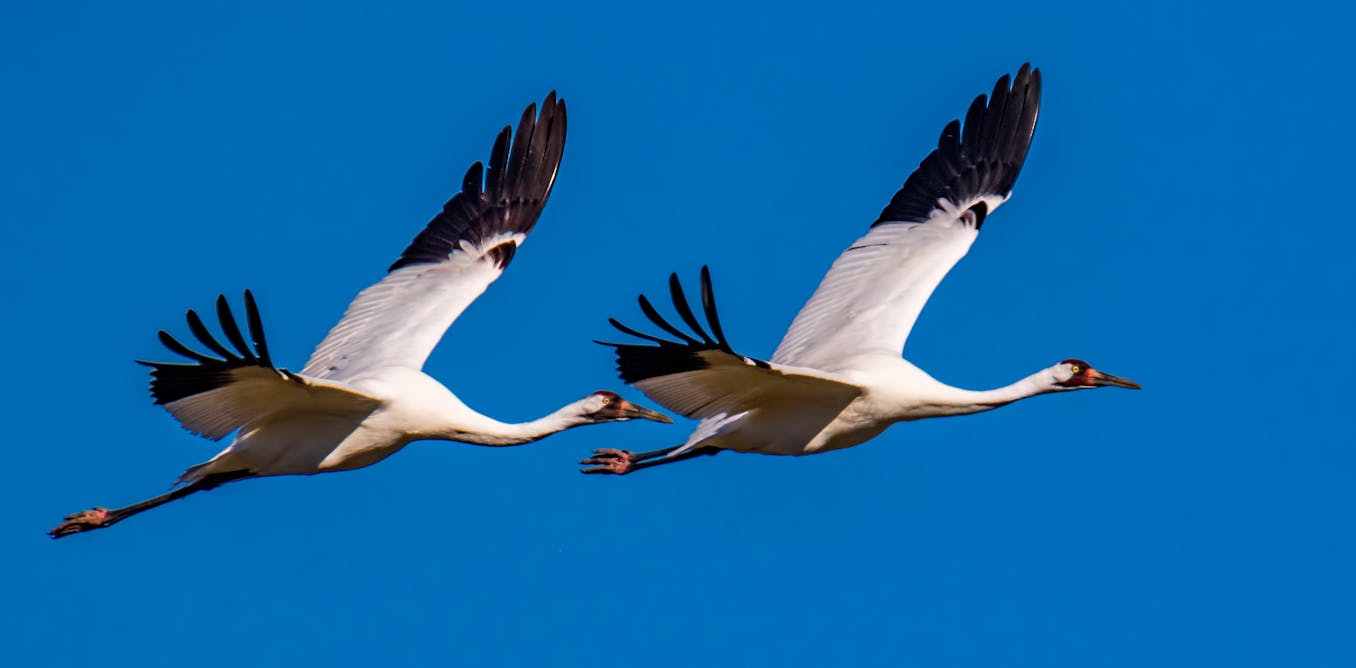Sharks are taking a bite out of anglers’ catch in the Gulf of Mexico, but culling isn’t likely to help
Whether they’re going to cook a fish, have it mounted or just take a photo and then release it, anglers want more than a severed head. But with shark numbers rebounding, they’ve got competition.
Aug. 20, 2024 • ~9 min


